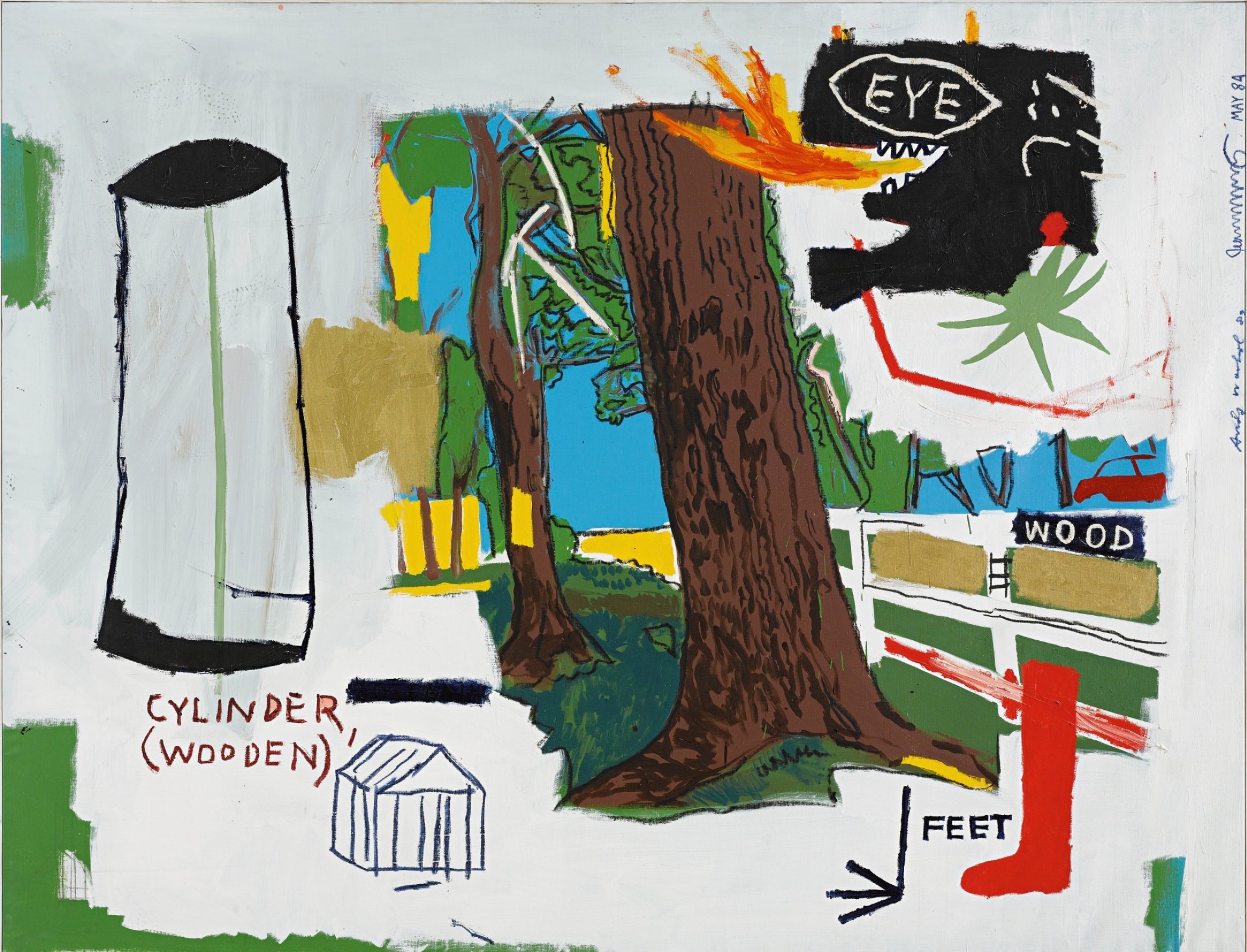
The Urban Guerrilla Permaculture Campaign
of the Association of Landless Peasants and Fugitive Urban Planners
The What
We promote and practice direct action and fugitive planning in order to feed diverse peoples and regenerate diverse habitats.
The Why
We promote and practice guerrilla permaculture as part of our efforts to resist the ethnocidal and ecocidal forces waging the War on Terra and to make artful reparations with respect to and for Mother Earth.
Our aim is to enable evermore wildly differing lifeforms and lifeways to coexist and defer to one another.
The How
We practice guerrilla permaculture as a form of guerrilla art — our guerrilla gardens double as art installations and our guerrilla gardening practices double as performance art practices.
We adopt and care for habitats that have been despoiled, orphaned, neglected, and ravaged by the agents and powers of extractive racial capitalism, colonialism, and urbanism.
We challenge all claims to authority and property that are maintained by threats of communicative and corporeal violence, verbal and physical abuse, insult and injury.
We advance the proposition that charm, charisma, caring, sharing, and continuous consultation are the only ethical means to maintain claims to authority and property.
We prioritize the health, well-being, and autonomy of indigenous lifeforms and lifeways.
We only cultivate non-indigenous plants when they serve to complement and enrich ecologies that pivot on the health and well-being of indigenous plants.
Not only do we endeavor to grow enough food to feed our guerrilla gardening communities, we also endeavor to grow food surpluses to share with other communities who are resisting the forces of ethnocide and ecocide.
We conduct our guerrilla operations in urban environments in order to provide city dwellers with opportunities to establish and maintain roots with the land that supports them, repairing the broken fluencies between the urban and the rural that have turned cities into prisons and city dwellers into prisoners.
The Who
We are ecoregionalists.
We are all feminists.
We reject ableism, ageism, and sexism: persons of all abilities, ages, and sexes are welcome to join our association
We are agents and catalysts of queering and creolizing processes.
Not all members of our association identify as queer and multi-ethnic, but those members who do not identify as such are sworn to defer to the experiences and feelings of those members who do.
Our association pays special deference to the experiences and feelings of the descendants of enslaved African peoples in the Americas and elsewhere, whom we consider to be multi-ethnic by default for having had their prior African ethnicities put under erasure when the racialized ethnicity “Black” was brutally imposed on them by Euro-American white-supremacist colonizers and slavers.

But where to begin?
References
Four Essays on Reparations by Muindi Fanuel Muindi
Decolonial Ecology: Thinking from the Caribbean World by Malcom Ferdinand
Maroon Societies: Rebel Slave Communities in the Americas edited by Richard Price
Braiding Sweetgrass by Robin Wall Kimmerer
Replenishing the Earth by Wangari Maathai
The Black Shoals by Tiffany Lethabo King
The Undercommons by Fred Moten and Stefano Harney
Re-enchanting the World: Feminism and the Politics of the Commons by Silvia Federici
The Coming Insurrection by the Invisible Committee
To Our Friends by the Invisible Committee
Tools for Conviviality by Ivan Illich
The Right to Useful Unemployment by Ivan Illich
Nonviolent Communication by Marshall Rosenberg
Temporary Autonomous Zones by Hakim Bey
The Democracy Project by David Graeber
The Dawn of Everything by David Graeber and David Wengrow
How Forests Think by Eduardo Kohn
Edible Forest Gardens by Dave Jacke and Eric Toensmeier
The Maya Forest Garden by Anabel Ford and Ronald Nigh
Lo―TEK. Design by Radical Indigenism by Julia Watson
The One-Straw Revolution by Masanobu Fukuoka
Sowing Seeds in the Desert by Masanobu Fukuoka
Cycles of Life by Vaclav Smil
The Timeless Way of Building by Christopher Alexander
A Pattern Language by Christopher Alexander, Murray Silverstein, and Sara Ishikawa
The Nature of Order by Christopher Alexander

